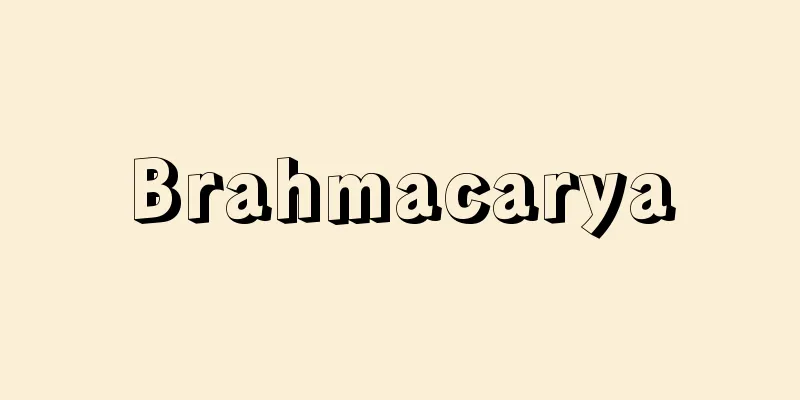Meshchanin (English spelling)

|
The term refers to the townspeople, petty bourgeoisie, and by extension, vulgar people in pre-revolutionary Russia. Its origins are in the Polish "mieszczanin," meaning city dwellers. In the 18th century, it referred to all city dwellers, and in the 19th century, it was narrower, referring to lower classes of citizens (small merchants, artisans, etc.). Compared to the cities and bourgeoisie in Western history, Russian cities generally had a stronger administrative character, and even at the end of the 19th century, the bourgeoisie's numbers and their political influence were small, with wealthy merchants (including factory owners, who could be called industrial capitalists) and meshchanins combined making up just over half of the city dwellers. Source: Heibonsha World Encyclopedia, 2nd Edition Information |
|
革命前ロシアの町人身分,小市民,転じて俗物の意。語源はポーランド語の〈都市住民mieszczanin〉。18世紀には都市民全体を,19世紀にはより狭く,下層市民(小商人,職人など)を指す。西欧史上の都市とブルジョアジーに比べると,ロシアでは一般に都市は行政的性格が強く,19世紀末でもブルジョアジーの数とその政治的影響力は小さく,富裕な商人身分(工場主をも含み,むしろ産業資本家と呼びうる)とメシチャニーンを合わせても都市居住者の半分余であった。
出典 株式会社平凡社世界大百科事典 第2版について 情報 |
Recommend
Tadamasa Annaka
… [Takeo Arisue] [Annaka Castle Town] A castle to...
Rhizophoraceae
…A general term for trees of the family Rhizophor...
Okada Yukitane
...A haiku poet from the early Edo period. His re...
Horse opera
The other type of western was the Bronco Billy se...
Globe - Chikyugi (English) globe
A globe that depicts the Earth as a sphere, with ...
Back, E. (English spelling) BackE
...The phenomenon in the Zeeman effect of atomic ...
Ukishimagahara
This is a coastal wetland stretching from Fuji Ci...
Ganden Monastery
...The Ming Dynasty, which had taken this as a wa...
fourangled bean
...The common bean, native to South America, is a...
Eight-colored surnames - Yakusa no kabane
Also called "Hashiki no sei" or "Ha...
Oecolampadius, Johann
Born: 1482. Weinsberg Died November 23, 1531. Base...
Lectins
A general term for proteins that recognize and bi...
Kanagi
...A ceremony in which criminals who commit theft...
Radio wave fee - denparyou
The fee that commercial broadcasters receive from...
Irish National Party
A political party active from the end of the 19th ...






![Naru [town] - Naru](/upload/images/67cc68ec3b52c.webp)


